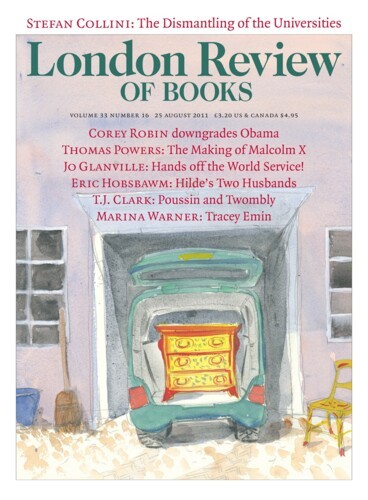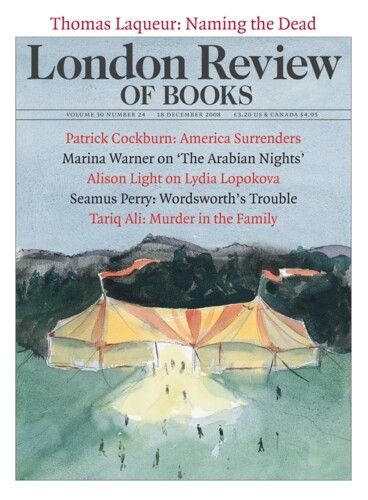Some Damn Foolish Thing: Wrong Turn in Sarajevo
Thomas Laqueur, 5 December 2013
Fifty years ago, Barbara Tuchman’s bestseller The Guns of August taught a generation of Americans about the origins of the First World War: the war, she wrote, was unnecessary, meaningless and stupid, begun by overwhelmed, misguided and occasionally mendacious statesmen and diplomats who stumbled into a catastrophe whose horrors they couldn’t begin to imagine – ‘home before the leaves fall,’ they thought. It was in many ways a book for its time. Tuchman’s story begins with Edward VII’s funeral on 20 May 1910.





